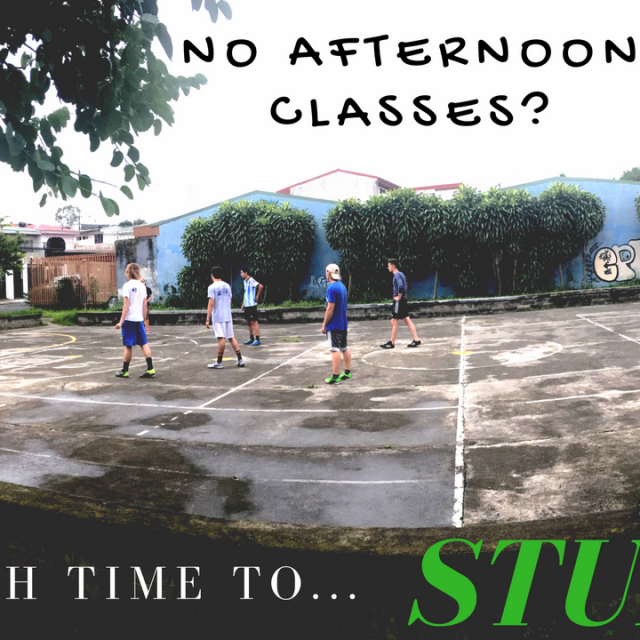Taking classes in another country is strange. Not just because of the strangers, but the whole environment is so unique. The atmosphere is hard to describe; it almost feels like the air is lighter. I probably sound really unusual to you already, but I’m going to try to explain what its like to be a study abroad student.
From ninth grade until sophomore year of college, I have taken a total of three and a half years of Spanish. In my first couple of years, I had a particular desire to learn more. I learned how to talk in a little Spanish accent to fit in with native speakers. The problem was, all the students in my classes were not native speakers and only took Spanish to fill their last elective. I went about my ways, however, and excelled through each module. Fast forward to a few weeks ago, when I was dropped into a country where virtually everyone speaks Spanish! For some, this may seem like a nightmare, but for me, it is actually a dream come true.
It’s a Free-for-all
Before school started, I had only spent two days in my new country of Costa Rica. So on the first day of classes, I barely remembered how to get to Universidad Veritas. After some disarray, I found the room in which I will be taking Intermediate Spanish I for the next four weeks. Throughout my program, I will be taking a month of just Spanish, then four more classes (one of them in Spanish) starting at the end of September.
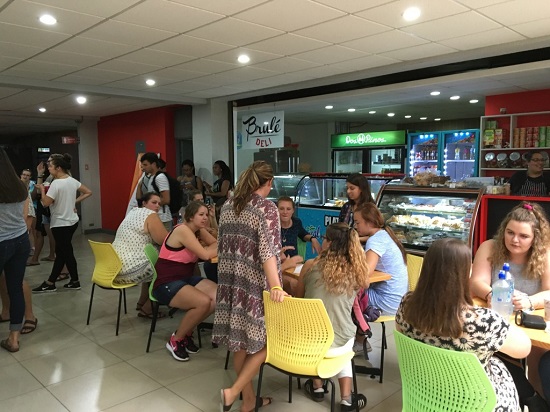 |
| Since our Spanish class is so long, the students get a half hour break every day. We typically use this time to talk to one another in the cafeteria |
First week of class
Whenever I start a new class, at any school, I’m always nervous. I’m that kid who’s face gets red during introductions on the first day of class. It happens every time, so I've just learned to accept it. The start of my Spanish class was really unique. With ten students, I could already tell that our professor, Juan José, was going to spend a lot of time with each of us. As expected, there is practically no English spoken during the four-hour class. I definitely underestimated myself with the amount of Spanish I understand. I am able to grasp most of the concepts early on, mostly because my professor distinctly vocalizes every sentence for my class. After the first week, I am much more comfortable with the environment and content of the course.
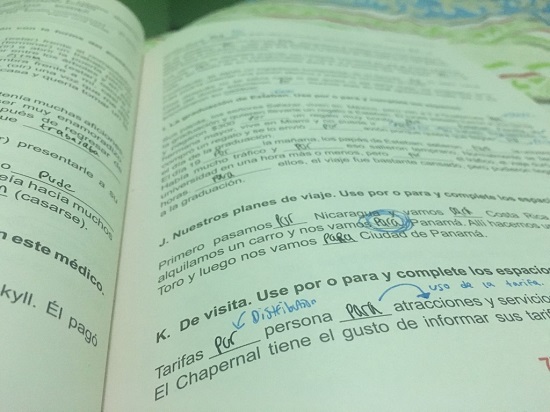 |
| In my class, we are typically given about twenty minutes of homework per night |
Home(stay)work
In the States, I am used to having a lot of homework, projects, and tests that cover a lot of material. Many students have learned the hard way that college is a high-stress environment. For now, it is safe to say I left my stress in the United States. I have much more free time in Costa Rica, with little homework and only a couple of tests throughout the month-long class. However, I am nevertheless learning how to speak Spanish because our professor is constantly asking us questions and pestering us about our weekend plans. Speaking of which, I’ve had time to visit a different beach every weekend. The beaches of Costa Rica, or "Rich Coast" are beautiful!
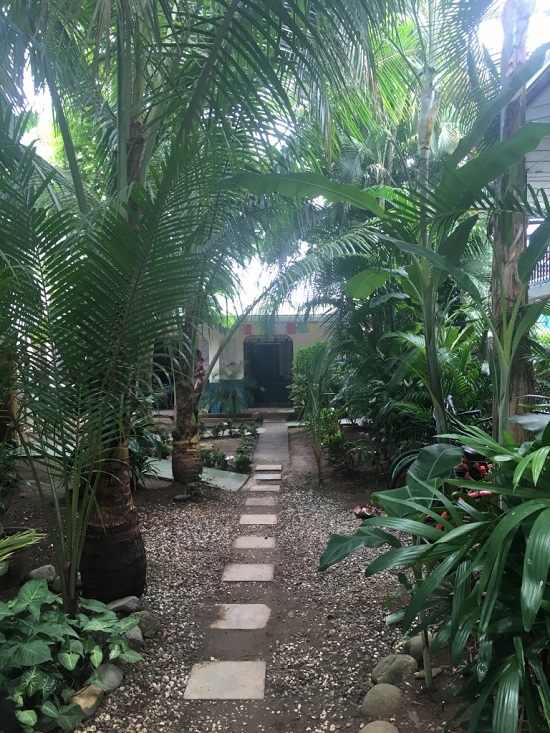 |
| At hostels such as this one, called Beds on Bohio, two nights only costs about $25! |
Extended Classroom Time
One of my favorite parts about returning to my homestay at the end of the day is that I continue to learn. My family is very willing to talk with me and teach me any words I don’t know. I feel as though I’m getting extended classroom time because I’m constantly being taught new words, phrases and cultural behaviors. It’s only been a few weeks here and my knowledge of Spanish and the entire Costa Rican culture multiplies every day!
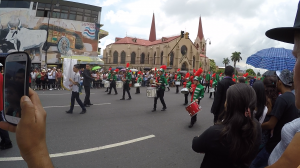 |
| September 15, 2016 marks the 195th anniversary of Costa Rica's Independence. I went to a parade, which is one of hundreds held throughout the country |
My study abroad goal is to be able to watch a movie and read a book in Spanish.
Pura Vida!
Andrew
Andrew M. is the Fall 2016 CEA MOJO in San José, Costa Rica. He is currently a junior studying Physician Assistant Studies at Philadelphia University.











